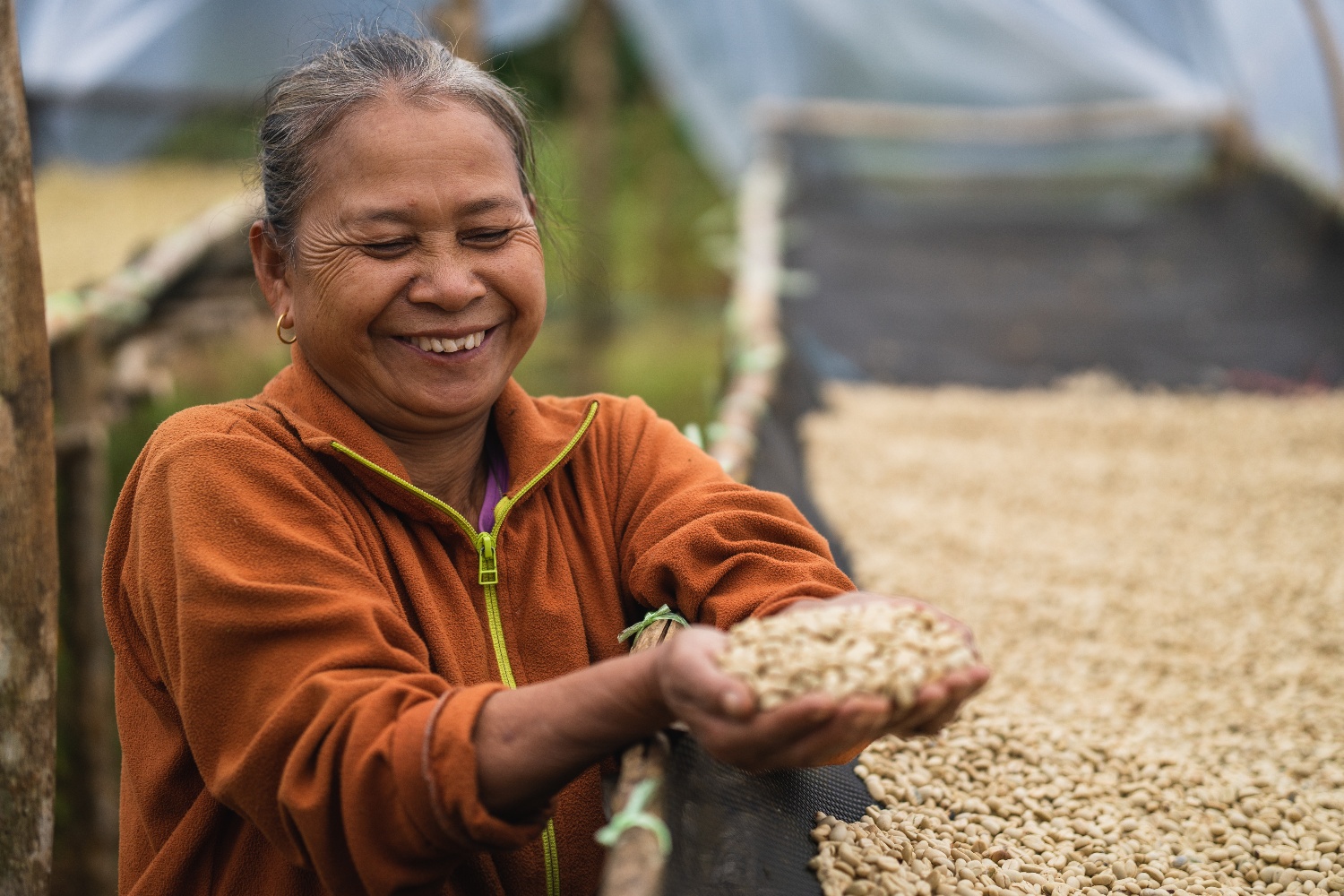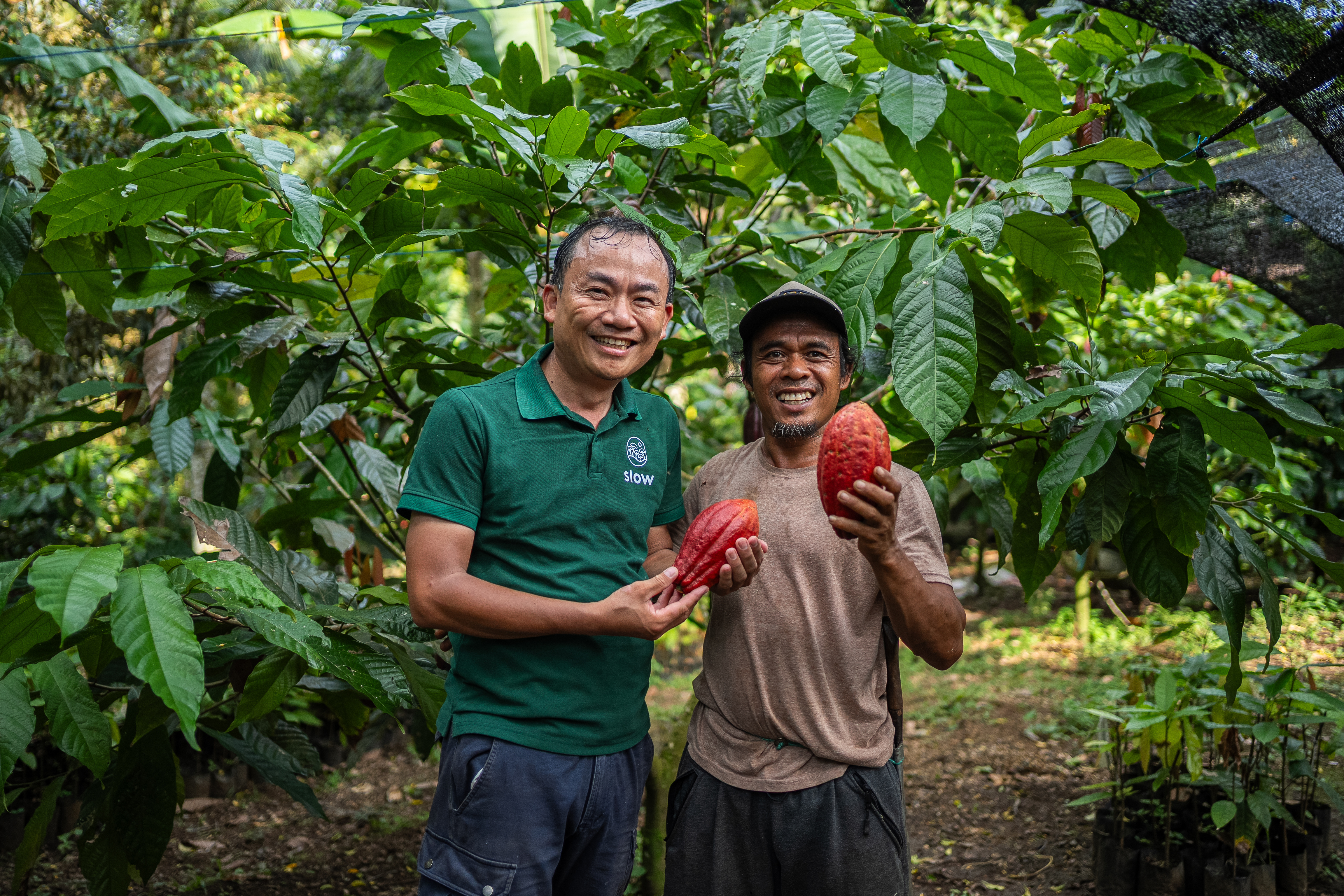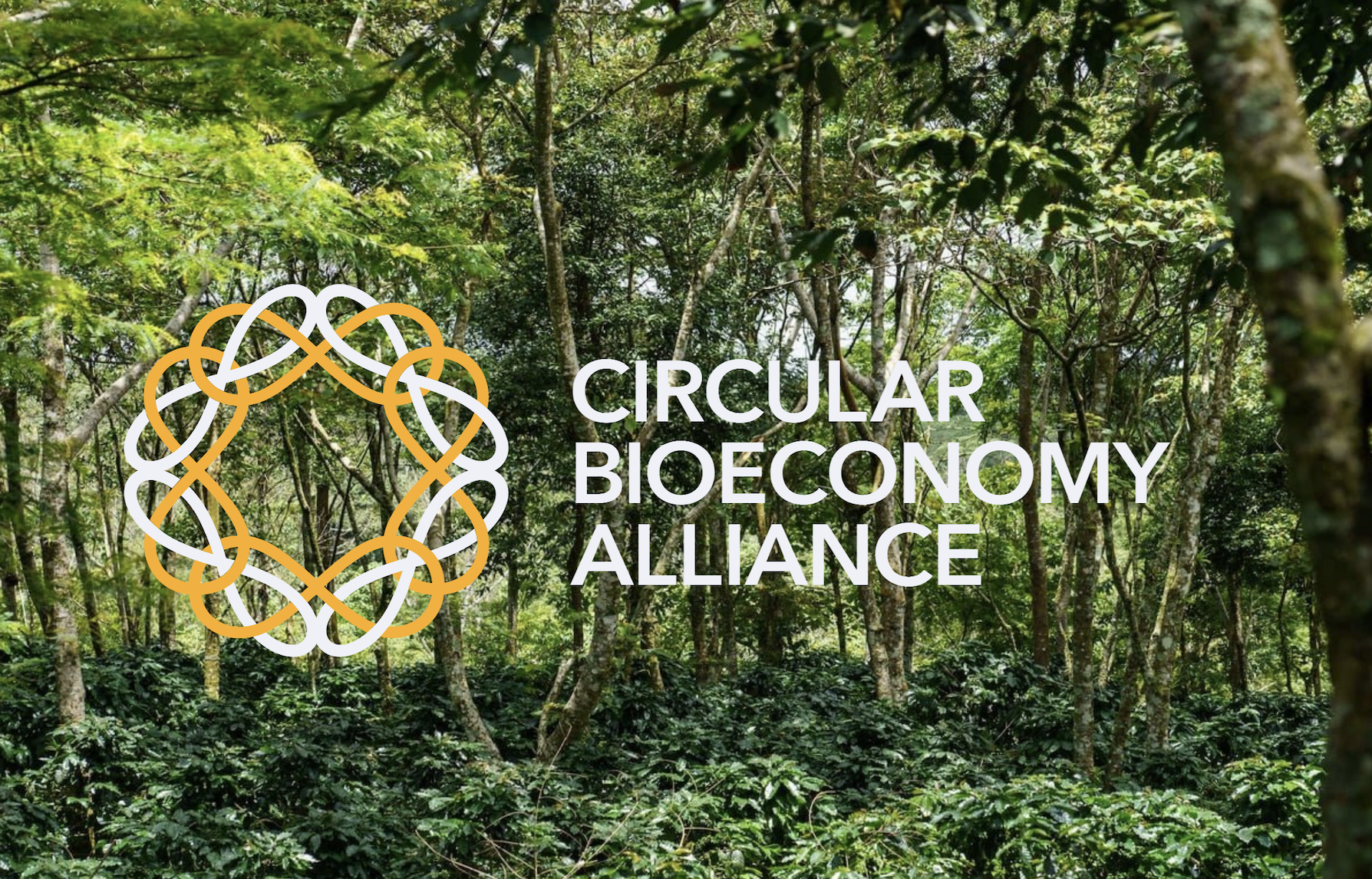Earth Day: Four ways to reduce your coffee and chocolate footprint
Earth Day reminds us that change doesn't have to wait for sweeping policy or perfect systems. Often, it starts with something as simple—and as...
The coffee industry faces a pressing challenge in balancing economic growth with environmental responsibility.
A 2022 study by the International Union for Conservation of Nature (IUCN) found conventional coffee harms the environment: habitat loss, pesticides, climate change. This is where nature-positive coffee steps in.
Move beyond trends, nature-positive coffee is a strategic move that improves ESG reports under new EU regulations (think ESRS, EUDR and the upcoming CSRD) and actively helps the environment, not just avoids harming it.
Let's see how it works.
A 2022 Science Advances study found shade-grown farms support 3x more bird species than sun-grown ones. Plus, a 2019 World Agroforestry Center report says shade trees cut reliance on chemicals by 50%, boosting biodiversity and soil health.

This bird is a common sight in our shade-grown coffee farms in Laos. © Slow
A 2022 Science Advances study found shade-grown farms support 3x more bird species than sun-grown ones. Plus, a 2019 World Agroforestry Center report says shade trees cut reliance on chemicals by 50%, boosting biodiversity and soil health.
The coffee industry is a thirsty giant. A 2020 Water Footprint Network report estimates a single cup can require up to 140 liters of water. Efficient irrigation and water-saving practices throughout the production chain can significantly reduce this.
Many coffee-growing regions are dominated by smallholder farmers. Nature-positive practices, with their focus on sustainability and ethical sourcing, have the potential to create a more equitable system for these farmers. This could involve better pricing structures, improved access to resources and a focus on long-term partnerships that benefit everyone involved.

Mrs Wandee inspects a handful of our sun-dried parchment coffee beans © Slow
Now, let's see how it aligns with key regulations.
The European Union recently adopted the European Sustainability Reporting Standards (ESRS). These new standards put a big focus on environmental impact, specifically on areas like biodiversity, soil health and responsible water management. Many companies are struggling to meet these new reporting requirements, according to a recent Reuters article. Nature-positive coffee offers a solution. By prioritizing practices that promote biodiversity, healthy soil and responsible water use, you gain a clear advantage in demonstrating strong ESG performance under the new EU regulations.
The EU Taxonomy for Sustainable Acitivities (EUDR) classifies economic activities based on their environmental impact. Nature-positive coffee production practices, such as organic farming and shade-grown coffee, can potentially align with the EUDR's "do no significant harm" and "contribute to environmental objectives" principles. This can position your company favorably within the sustainable finance sphere.
By demonstrating your commitment to these principles through nature-positive coffee sourcing, you can potentially unlock access to sustainable financing opportunities.
The upcoming Corporate Sustainability Reporting Directive (CSRD) will significantly expand mandatory sustainability reporting requirements to a broader range of companies in the EU. By showcasing your commitment to nature-positive coffee, you demonstrate proactive ESG management, a key aspect that the CSRD will likely emphasize. This proactive approach positions you well for compliance under the new regulations.
Nature-positive coffee isn’t just about reports and regulations. It’s about creating a positive impact that extends beyond the cup.

Earth Day reminds us that change doesn't have to wait for sweeping policy or perfect systems. Often, it starts with something as simple—and as...

Big news from Slow. African Coffee Roasters is now part of the Slow family. And this isn’t just an acquisition—it’s a major step forward in how...

A few years ago, coffee and chocolate were just products. But at Slow, we’re changing the story. We’re not just selling beans and cocoa, we’re...